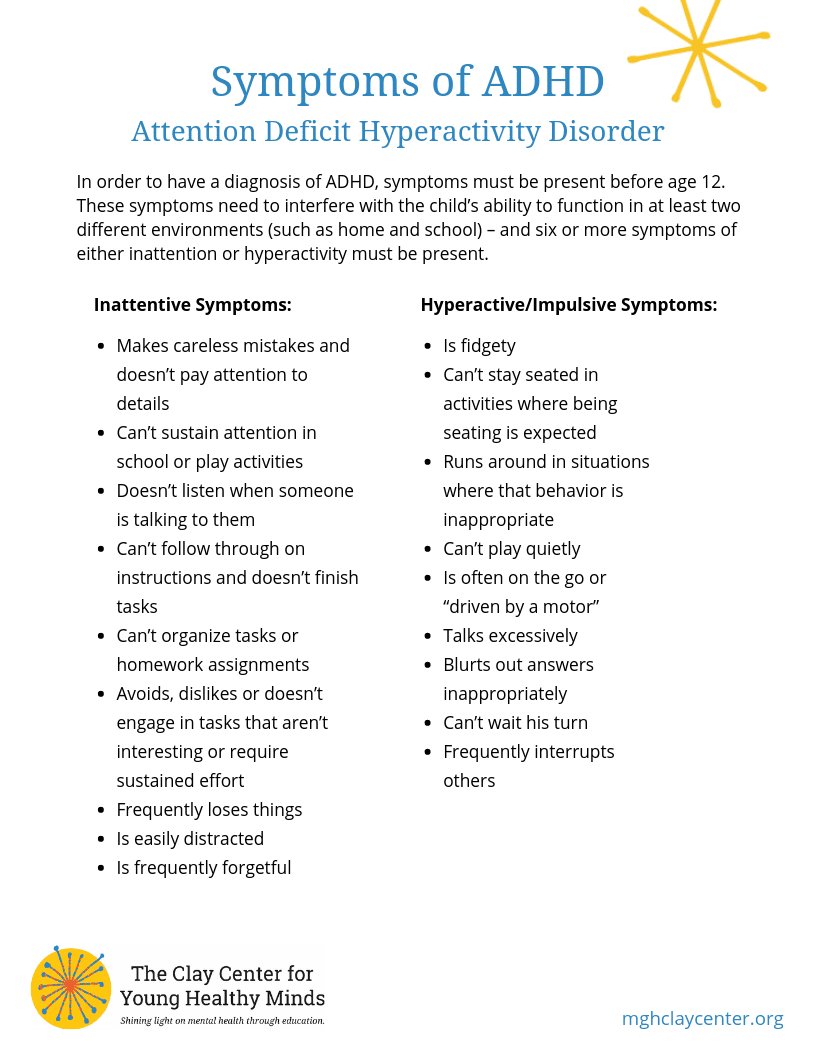

People who were abused as children or experienced multiple traumatic events have an increased risk of intermittent explosive disorder. These factors increase your risk of developing intermittent explosive disorder: There may be differences in the structure, function and chemistry of the brain in people with intermittent explosive disorder compared to people who don't have the disorder. There may be a genetic component, causing the disorder to be passed down from parents to children. Being exposed to this type of violence at an early age makes it more likely these children will exhibit these same traits as they mature. Most people with this disorder grew up in families where explosive behavior and verbal and physical abuse were common. The exact cause of the disorder is unknown, but it's probably caused by a number of environmental and biological factors. It's more common in younger adults than in older adults. Intermittent explosive disorder can begin in childhood - after the age of 6 years - or during the teenage years. If you recognize your own behavior in the description of intermittent explosive disorder, talk with your doctor about treatment options or ask for a referral to a mental health professional. Later, you may feel remorse, regret or embarrassment. You may feel a sense of relief and tiredness after the episode.

Threatening or assaulting people or animals.The explosive verbal and behavioral outbursts are out of proportion to the situation, with no thought to consequences, and can include: You may be irritable, impulsive, aggressive or chronically angry most of the time.Īggressive episodes may be preceded or accompanied by: Less severe verbal outbursts may occur in between episodes of physical aggression. These episodes may occur frequently or be separated by weeks or months of nonaggression. Explosive eruptions occur suddenly, with little or no warning, and usually last less than 30 minutes.


 0 kommentar(er)
0 kommentar(er)
